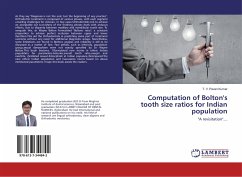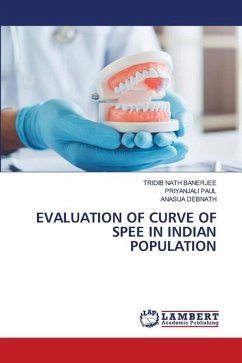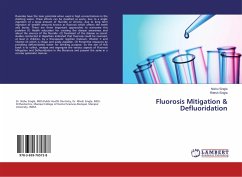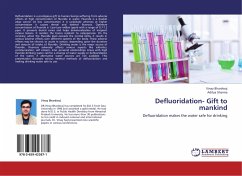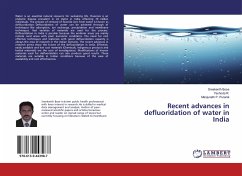Fluoride plays a protective role, only when it is present within certain limits in the body. On the contrary, when the Fluoride level exceeds the normal limits, it results in various adverse effects over different systems of the body. These adverse effects may be chronic or acute in nature, depending upon the duration and amount of intake of fluoride. The effects of fluoride on enamel formation causing dental fluorosis in man are cumulative, rather than requiring a specific threshold dose, depending on the total fluoride intake from all sources and the duration of fluoride exposure. Skeletal fluorosis is an important health problem and with the added socio-economic pressure arising from this disability, it becomes all the more important to find a solution to this crippling disease. Due to scarcity and contamination of surface waters, ground water reservoirs have increasingly become the providers of potable water around the world. Drinking water is the major source of fluoride. This dissertation discusses various methods of defluoridation and other methods of providing communities with drinking water containing optimal fluoride levels.
Bitte wählen Sie Ihr Anliegen aus.
Rechnungen
Retourenschein anfordern
Bestellstatus
Storno


